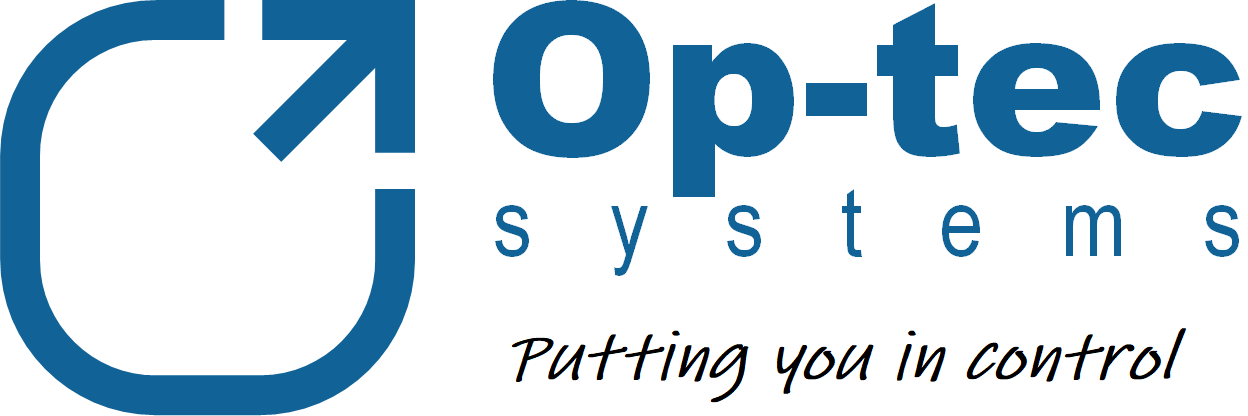Even if you can’t recall exactly where you were when you heard the news of the Gulf of Mexico Deepwater Horizon disaster, it’s likely that you will remember quite a lot about one of the most environmentally and commercially damaging incidents in the history of oil and gas operations, which cost the lives of 11 people. After the immediate explosion, oil continued leaking from the well at a rate of up to 60,000 barrels a day.
A company based in Aberdeen, Scotland, has developed an ingenious solution for blowout prevention in collaboration with Op-tec Systems that involves repurposing electric motors and drivetrain technology similar to carmaker Tesla’s.
“We were contracted by a large oil and gas company in the USA to build a blowout prevention application for offshore drilling and extraction operations,” says Ben Bamford, founder and CEO of Quantum Leap Technologies (QL Tech). “They were looking for new ideas of how to control that equipment and to ensure a high level of assurance that the issues were being addressed.”
Thinking laterally
The conventional way of preventing, managing or suppressing a blowout or similar emergency is to use huge, gas-filled bottles to push liquid out at high pressure. QL Tech and Op-tec came up with something rather different.
“We took the heart of a Tesla Model S car: the battery, inverter and motor. Instead of putting wheels on it, we attached a pump to the electric motor,” Ben says. “Our solution, which provides hydraulic fluid to operate the safety equipment, is powered from a battery system and can accelerate output equivalent to doing 0 to 60 mph in a few seconds. We were integrating advanced technology that has recently come to the fore and been qualified for electric car applications. The engineering challenge was to demonstrate that the system can be used robustly for a safety application.”
Battery power is maintained by trickle-feed of electricity so that it is always ready to be deployed, with zero notice. The whole system had to be made sufficiently robust to withstand the harsh environment at a marine depth of 3,000 metres, including ultra-high pressure, currents, temperature and the corrosive influence of saltwater, and to do so in an emergency where time was critical.
The project put into practice ideas and objectives that Op-tec and QL Tech have in common.
“Op-tec helped us with PLC (programmable logic control) and software elements. Richard (Banyard) and I are kindred spirits, in feeling there is so much more that can be done with low-cost hardware, the application of a bit more machine intelligence and a bit more focus on integrating with existing systems,” Ben explains. “Some of the new pieces of technology and commoditised software building blocks are really changing the game.”
QL Tech has three operating divisions: Integrated Power Solutions, which provides class-leading battery, inverter and control systems; 57 Degrees, which develops and delivers intelligent robotics for industrial applications; and Leap Automation, which provides accessible, affordable automation services to the manufacturing sector.
Unusually for the automation sector, it is a vertically-integrated company. It designs and builds its own robot arms and tools, as well as working with specialist collaborators and partners, like Op-tec. It has a novel approach to the application of artificial intelligence, as well.
Don’t over-engineer solutions that aren’t needed
“Building a robot arm is easier and cheaper than it has ever been before and we have found that, in many applications, artificial intelligence-driven robots don’t need the same level of precision of conventional robots,” Ben explains. It’s quite a bold assertion when precision for many automated tasks is essential. “Some robots are being sold to food and drink companies, for example, that are over -engineered, in our view. Very much more basic systems can provide tremendous amounts of value. By engineering solutions that are specific to the customers we can make the economics work and hit economies of scale much sooner.”
Ben mentioned a brewery that had examined a machine to automate the sorting and packing of cans. QL Tech suggested a solution that, instead of being absolutely precise, was ‘good enough’.
“Our solution was much simpler mechanically but much more complex from a software perspective,” he continues. “The artificial intelligence we are using and the vision system we have built-in allows the robot to interpret the world around it. We don’t need the cans to be in exactly the right spot; it just needs to be in the right area and the robot will pick and pack it successfully.”
QL Tech is bringing similar thinking to a solution for painting undersea pipe and pumping applications, and to systems for detecting faults in food processing lines, such as spotting and removing defective bread rolls. Quantum Leap Technologies believes so strongly in its approach to business that it allows customers to rent a solution and to try before buying, which helps reduce risk and make automation more available for SMEs.
